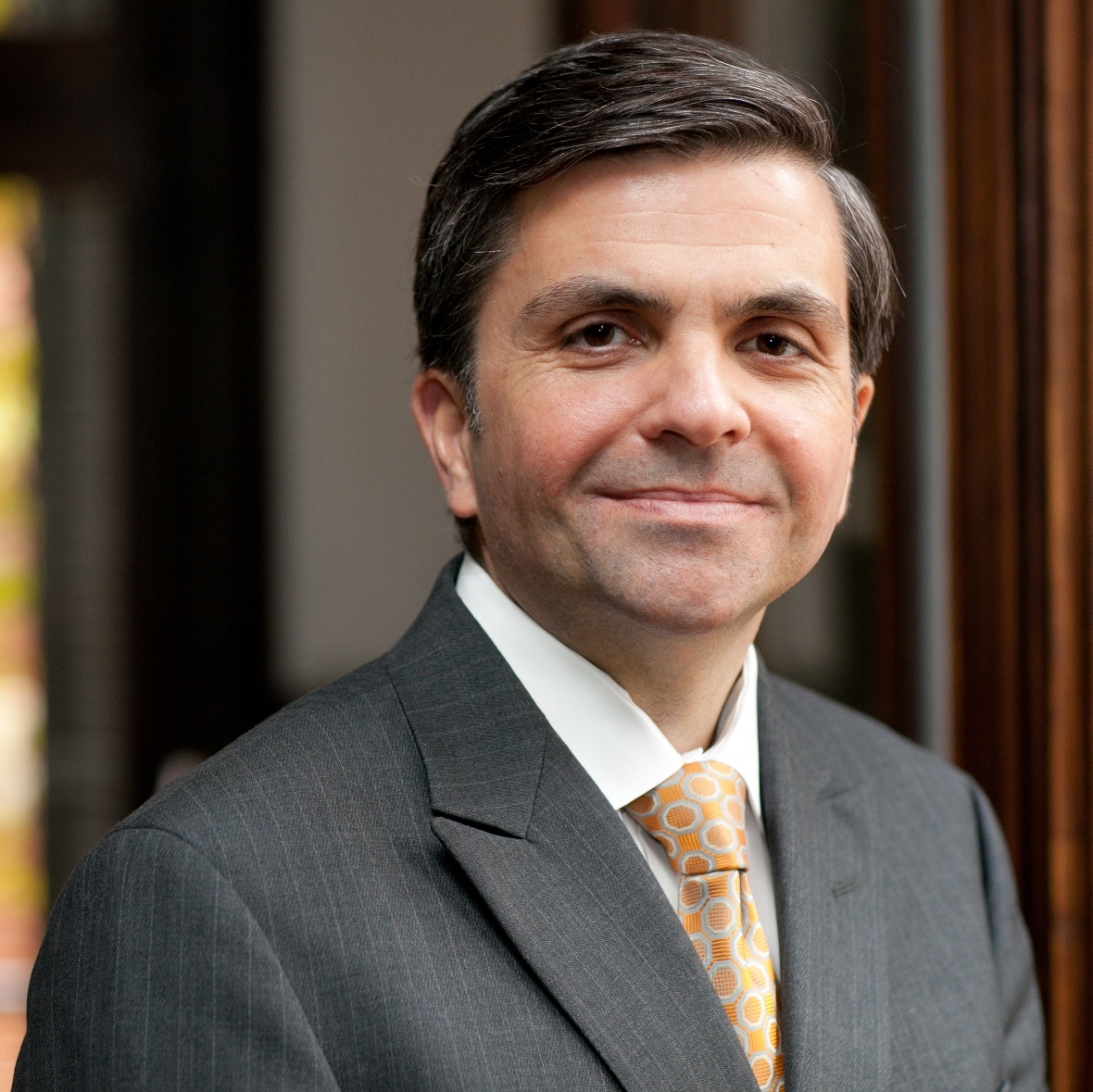
By Liz Essley (@lizessley)
Mark Tooley (@MarkDTooley) spent eight years as a CIA analyst before joining the Institute on Religion and Democracy, where he is now president. A native Arlingtonian, he has spent much of his life trying to renew the United Methodist Church and point it toward historic Christian beliefs.
What does your organization do?
The IRD focuses on reforming the political witness of American churches, and often we are described as a watchdog of the religious Left. Much of our history has involved watching, critiquing and countering the old-line denominations, like the United Methodists, Presbyterians, Episcopalians, the Lutherans and ecumenical groups like the National Council of Churches, which was still influential and prestigious when IRD began back in 1981 and which were still accurately called “mainline.”
But the “mainline” has become old-line or sideline, so increasingly the IRD has in recent years focused more and more on the wider evangelical world, where unfortunately some of the same issues that took the mainline to the sideline are now afflicting many evangelicals. So we’d like to counter that before it spreads, because at the core of IRD’s mission is our belief that America’s democracy and laws and freedom are premised on a vigorous religious life.
What’s your take on the National Cathedral’s announcement last week that it will begin hosting same-sex weddings?
The National Cathedral in many ways embodies everything that took what was once mainline to the sideline in terms of abandoning orthodox theology and often replacing it with the politics of the Left. The National Cathedral has been out there on the Left dating back to the 1960s, when their then-famous dean began denouncing the Vietnam War in very outspoken terms. This seems to be a natural progression for the National Cathedral.
What do you think the growth of Christianity in Africa and Asia means for American orthodoxy?
By some calculations, 51 percent of Africa is now Christian. The vast majority of Christians in the world now are in the global south, no longer in North America or Europe. The influence is directly seen in the Episcopal Church and the global Anglican Communion, led by the Africans, and how the Anglican Communion has increasingly chafed against and criticized the Episcopal Church for its liberal direction.
The United Methodist Church has gotten less attention, though the influence there is perhaps more direct and more significant in that because the denomination is global, the Africans are pulling the denomination in a more orthodox direction, and that’s having repercussions for church members here in the United States. At this point in history, of the seven so-called “sisters” of mainline Protestantism, the United Methodist Church is unique for not having surrendered on its definition of marriage and its understanding of traditional sexual ethics. Methodists are uniquely a denomination with global membership, and the fact that between 35 and 40 percent of its membership is now in Africa is what has kept Methodism from surrendering on theological orthodoxy. It’s best summarized by a theologian named Billy Abraham, who said, “United Methodism is no longer mainline. It’s now global.”
At your core, what is one of your defining beliefs?
The universal church, but especially the churches in America, needs to have a responsible public witness that doesn’t exchange the Gospel for a political agenda but does relate the Gospel to the wider culture and political reality. The institutional church should not be routinely endorsing or opposing legislation, but should be giving lay people the tools to apply their faith intelligently to the reality in which they live.
Read the original article on the Washington Examiner website.
No comments yet



